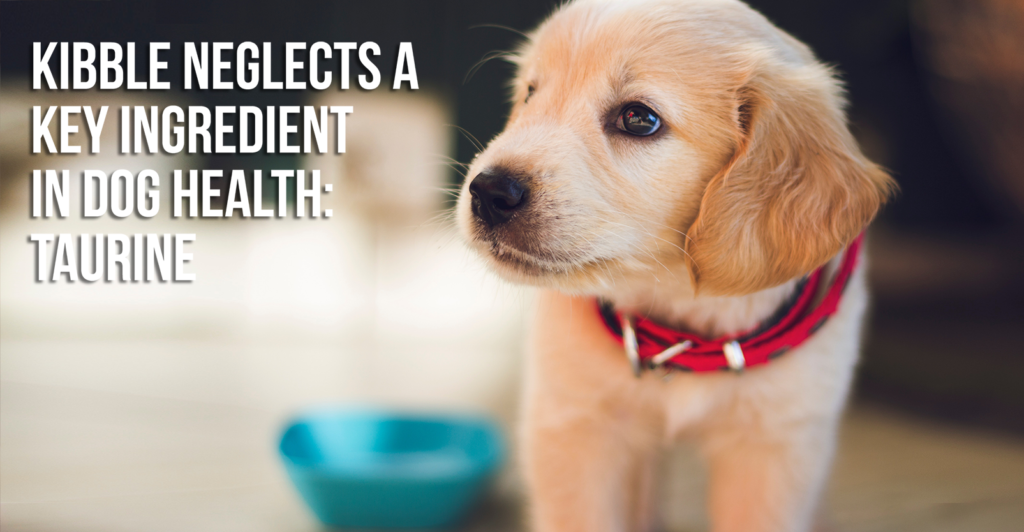
The Grain Free Craze
The Pet Food industry, like any other food producer, has been altered by trends. Grain-free dog food has become popular sentiment among pet parents and so the pet food industry works to meet consumer demand. Pet parents’ logic is sound. Dogs are carnivores so let’s cut down on excessive amounts of grains in pet foods. (High fives all around.) But grain-free labels aren’t a guarantee that a grain-free brand is the most nutritious food available. In fact, grain-free formulas have been found to contain more starch and sugar (can you say plant-based protein…). What pet parents should read on an ingredient label is meat-based protein coming in at first, second, and third because that it a species-appropriate diet for a carnivore.
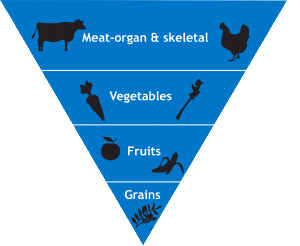
So, what is all this hoopla about a species-appropriate diet for dogs and when is this writer finally going to slip in that “t” word she thought important enough to include in the blog title? Read on for answers, dear reader.
Dog health depends largely on getting the proper nutrients from their food. Simply put, meat-based proteins are natural amino acid supplements and a diet rich in amino acids is great. Taurine is an amino acid. (Think the building blocks of protein and our muscles.) This amino sulfonic acid is especially concentrated in the heart muscle aiding in cardiac function. If that weren’t enough, this superstar helps eye health, immune system function and in the function of multiple other systems. With taurine, all things are possible (including proper heart function).
How does this relate to the grain-free craze then? (I promise it does.) AAFCO, the Association of American Feed Control Officials, mandates what is required in dog foods (not what isn’t allowed, which is a story for another time). Assuming that dogs can develop taurine in their bodies with the help of other sulfonic acids (cysteine and methionine), these acids are included as a requirement. Some dogs can develop taurine by making it, that is true, but some can’t and that’s why including it in their diet becomes so important.
It’s also important to know about taurine because there is a correlation between low blood taurine and Dilated Cardiomyopathy.
The Pet Food industry, like any other food producer, has been altered by trends. Grain-free dog food has become popular sentiment among pet parents and so the pet food industry works to meet consumer demand. Pet parents’ logic is sound. Dogs are carnivores so let’s cut down on excessive amounts of grains in pet foods. (High fives all around.) But grain-free labels aren’t a guarantee that a grain-free brand is the most nutritious food available. In fact, grain-free formulas have been found to contain more starch and sugar (can you say plant-based protein…). What pet parents should read on an ingredient label is meat-based protein coming in at first, second, and third because that it a species-appropriate diet for a carnivore.

So, what is all this hoopla about a species-appropriate diet for dogs and when is this writer finally going to slip in that “t” word she thought important enough to include in the blog title? Read on for answers, dear reader.
Dog health depends largely on getting the proper nutrients from their food. Simply put, meat-based proteins are natural amino acid supplements and a diet rich in amino acids is great. Taurine is an amino acid. (Think the building blocks of protein and our muscles.) This amino sulfonic acid is especially concentrated in the heart muscle aiding in cardiac function. If that weren’t enough, this superstar helps eye health, immune system function, and in the function of multiple other systems. With taurine, all things are possible (including proper heart function).
So, how does this relate to the grain-free craze (I promise it does). AAFCO, the Association of American Feed Control Officials, mandates what is required in dog foods (not what isn’t allowed, which is a whole other story). Presuming that dogs can develop taurine in their bodies with the help of other sulfonic acids (cysteine and methionine), these acids are included as a requirement. Some dogs can develop taurine by making it, that is true, but some can’t and that’s why including it in their diet becomes so important.
It’s also important to know about taurine because there is a correlation between low blood taurine and Dilated Cardiomyopathy.
What is Dilated Cardiomyopathy
The heart is a muscle that circulates blood throughout the body. A heart deficient of taurine becomes weaker and pumps less efficiently. This happens because as the heart weakens it begins to dilate. Dilation means that the chamber of the heart becomes bigger which increases the amount of blood in the heart. The weakened heart muscle can’t push the blood through the system the way it should. Dogs with DCM will become fatigued, have less energy and breathe heavier with exercise. This chronic disease could lead to heart murmurs, arrhythmia, and a backup of fluids in the lungs. It is more common in mid to older dogs because the deficiency takes time to affect the organs, generally two to three years. It’s also seen in larger breeds, 40-50 pounds and up. This is likely due to long-term marginal nutrition creating a bigger deficit in taurine levels. While DCM can be fatal it depends largely on the severity of the disease. Once taurine is added to diets, symptoms can dissipate in as little as a month. It should be noted that not all DCM is due to low taurine levels but it can be the cause. If your pet is showing any of the symptoms mentioned earlier, please contact your veterinarian to set up an appointment immediately.
Does your dog’s kibble make the grade?
Knowing that taurine is paramount to your pet’s health and that a high meat-based protein diet is necessary to get taurine, it’s important to know whether your kibble makes the cut. The first thing to do is study your pet food’s ingredient deck. Ingredients are listed from the highest component to the lowest, the first ten ingredients generally being what the food is comprised of most. It’s important to note that even if meat is the first ingredient, there’s still nine other ingredients that could be plant-based. 1/10 meat ingredients mean a low taurine formula. Also, if you find for instance, lamb meal, red flags should fly. “Meal” is a rendered product of poor-quality meats. The meal has to be extruded, meaning heavily heated, to sterilize the meat which also cooks most of the nutrients out of the food. Research regarding lamb meal and rice formulas were almost entirely devoid of taurine.
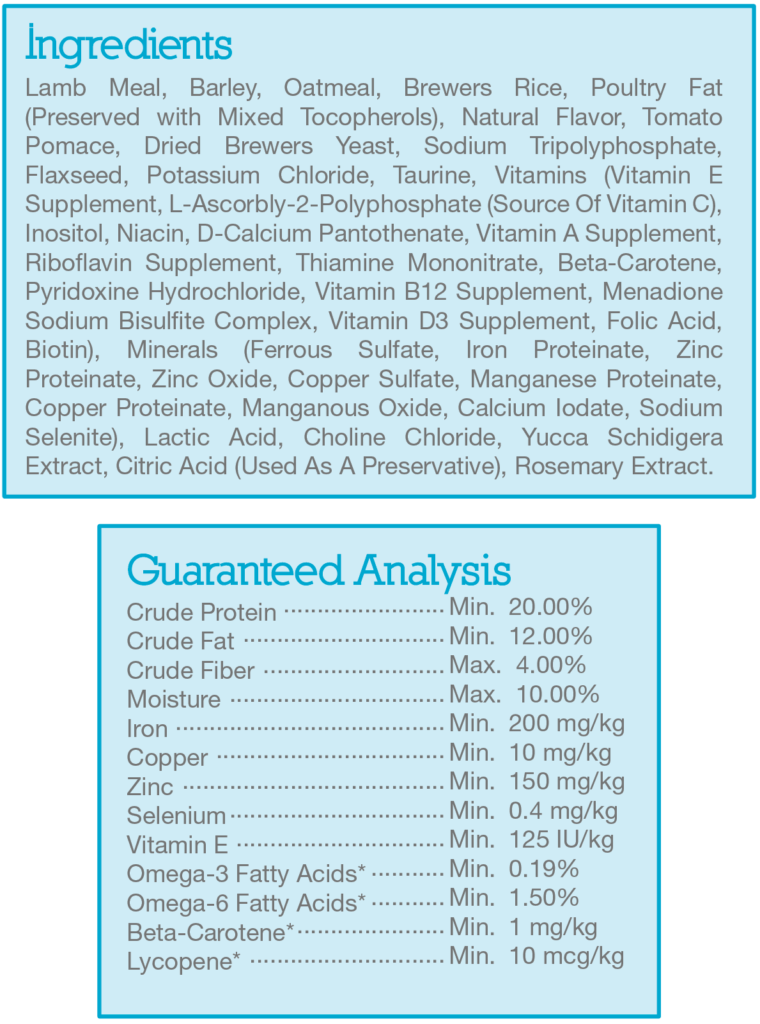
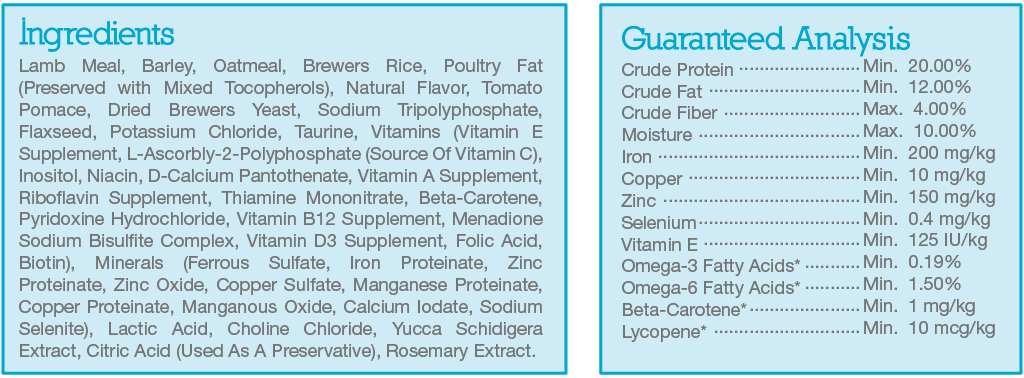
Next to that ingredient deck you’ll find nutrition facts or what some pet food brands call “guaranteed analysis”. Unfortunately, pet food brands are only required to say it contains a certain percentage of protein. It does not need to specify whether that protein comes from plants or meats. Proteins can come from plants, but plant-based proteins just don’t provide the level of taurine needed, meat-based proteins do.
If you’re still not entirely sure, call the manufacturer. Ask what level of taurine can be found in their food. Don’t hesitate to ask about the percentage of meat protein in their formulas either.
Changing Your Pet’s Diet
Here’s how to boost taurine levels in your dog’s diet.
- Add high-quality fresh meats or organs to their diets. Chicken, turkey, duck, and beef are all great options.
- Freeze-dried, dry-roasted or air-dried meats are also an option if you’d prefer to stay away from raw foods. All of these options avoid high heat that destroys taurine.
- Add a taurine supplement to their diet. This can also help support immunity, brain health, and eye health (yay!).
- On a budget? If kibble is your choice because of affordability, consider adding meats to their diet when you can. Waiting for a sale and stocking up is a great option. Anything you can do can make a difference for your pet.
- Looking for a healthy dog food option to up your pup’s food game? Consider Dr. Bessent’s new food – The Simple Food Project. Each recipe contains real, whole food ingredients with organ meat in every recipe!
Remember, taurine is at the heart of it all.
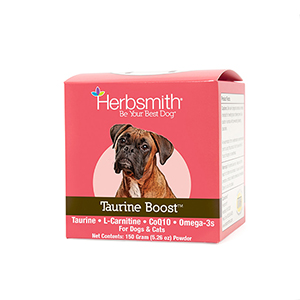
Taurine Boost
Taurine Boost is a veterinarian-developed formula to support cardiac health in dogs and cats. With L-carnitine, taurine, omega-3 fatty acids and coenzyme Q10, this formula is ideal to support heart health in breeds that are prone to cardiac stress. Taurine Boost may also be used to support normal heart function in dogs and cats as they age. In addition to supporting cardiovascular health, Taurine Boost may also be used to support immunity, brain health, and eye health.
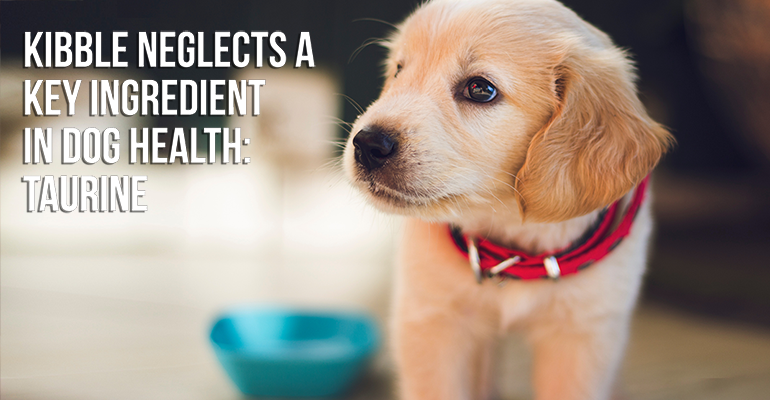
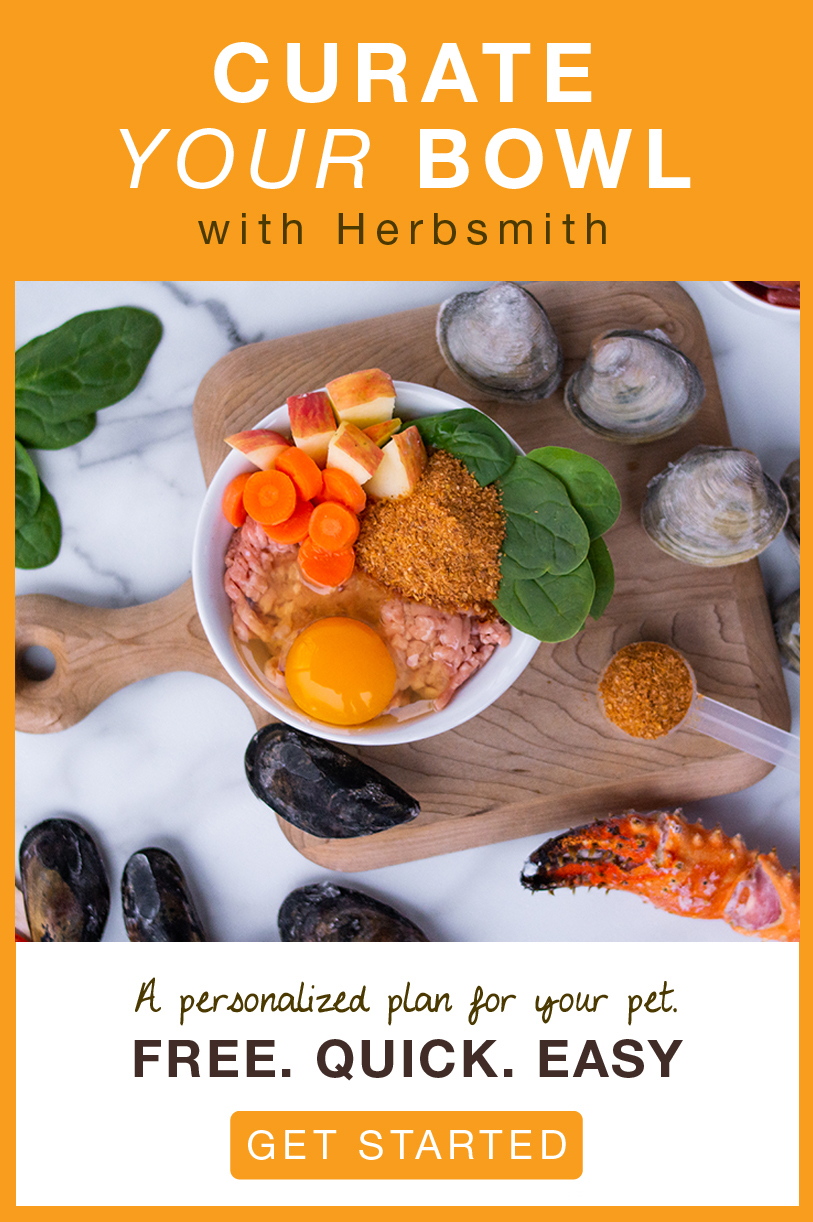
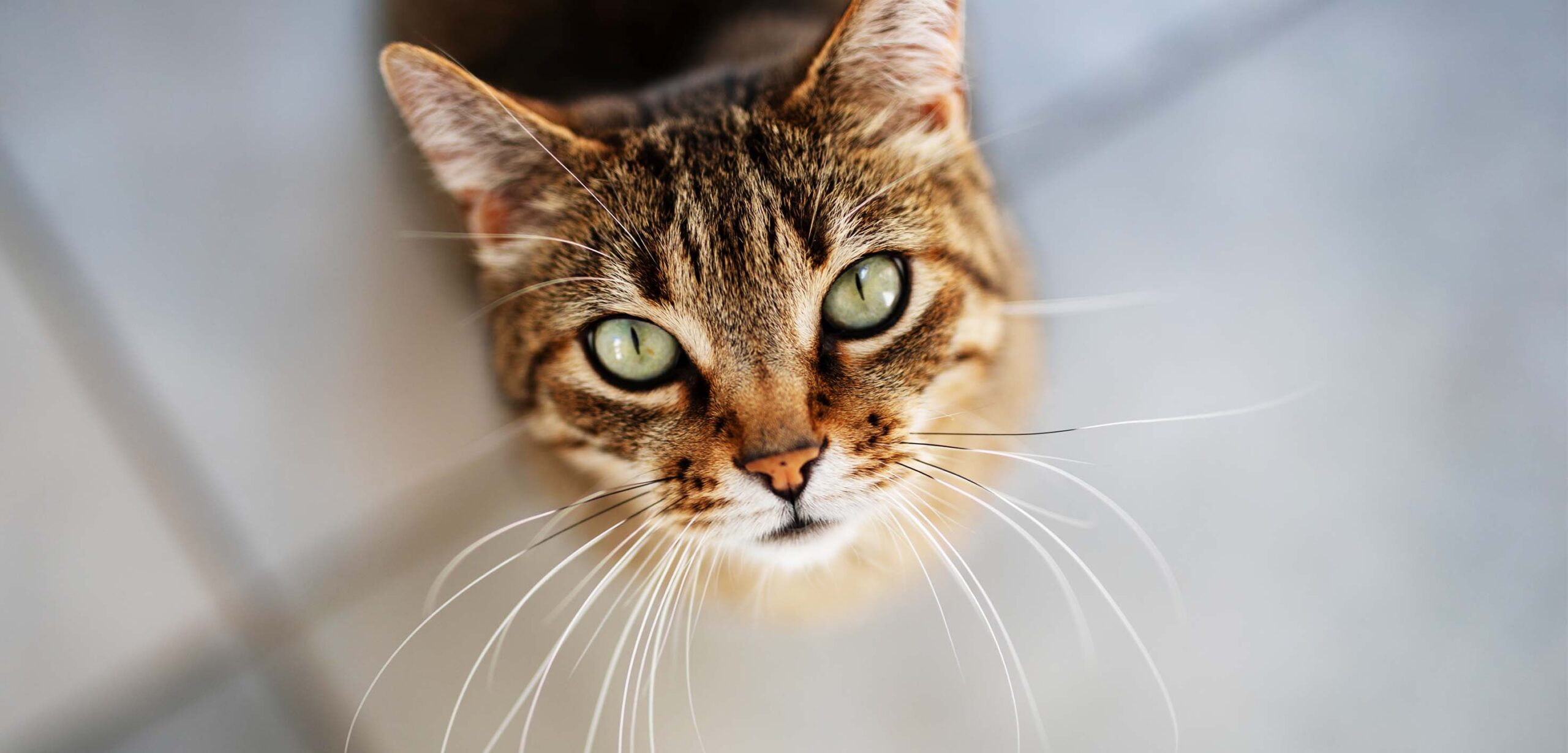


4 Responses
Im already in balance with all my Pmegas?Will this disrupt that balance ?
A dog seldom gets too many Omega-3 fatty acids and if he does, the Omega 3s are utilized by his body as energy. So, offering your dog several omega sources is actually great!
I don’t understand the corelation between grain-free dog food and taurine deficiency. My understanding is that taurine comes from meat not from grains. Can you explain, please?
Hi Anna,
You are correct. Taurine does only come from meat. Grain-free foods don’t equate to species-appropriate food fit for a scavenger carnivore though.
The concept of grain-free was meant to reduce grains and increase meat to better meet a dog’s dietary needs but brands haven’t stayed true to that. Rather than adding higher meat content, pet food manufacturers opted to sub one inexpensive ingredient for another. To keep costs low (and profits high) it was easier to swap grains for legumes.
Kibble has gone from one end of the spectrum, with high-grain diets and little meat, to the opposite end of the spectrum with no-grain diets and still little to no meat.
If you look at the diets named in the FDA investigation, they consist of 40-60 % peas. That disproportionately high amount of plant-based protein means there is less room for the meat proteins which offer that dietary taurine dogs need to thrive.
Here is a post that expands on grain-free foods and their link to DCM, if you’d like to learn more.
https://simplefoodproject.com/peas-and-grain-free/
Comments are closed.